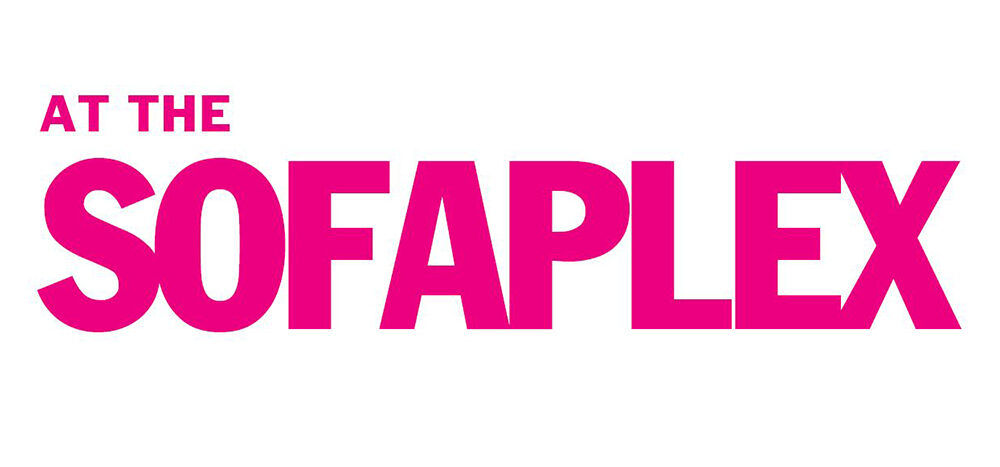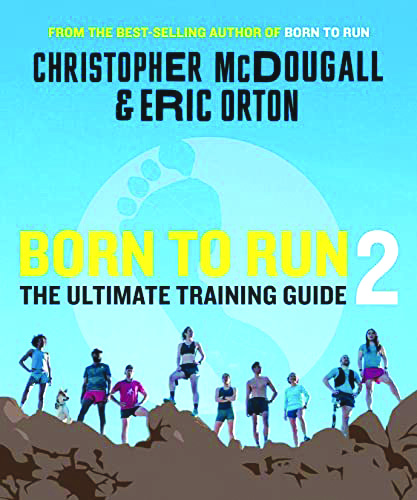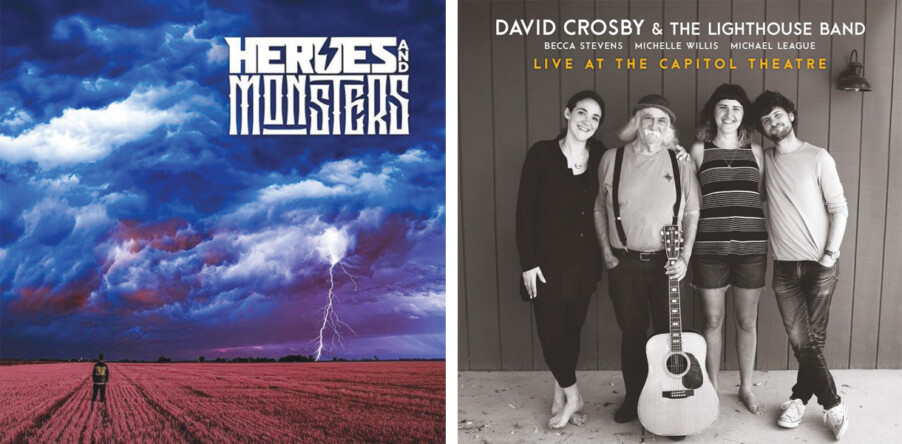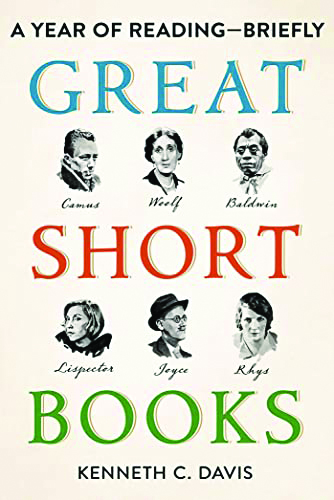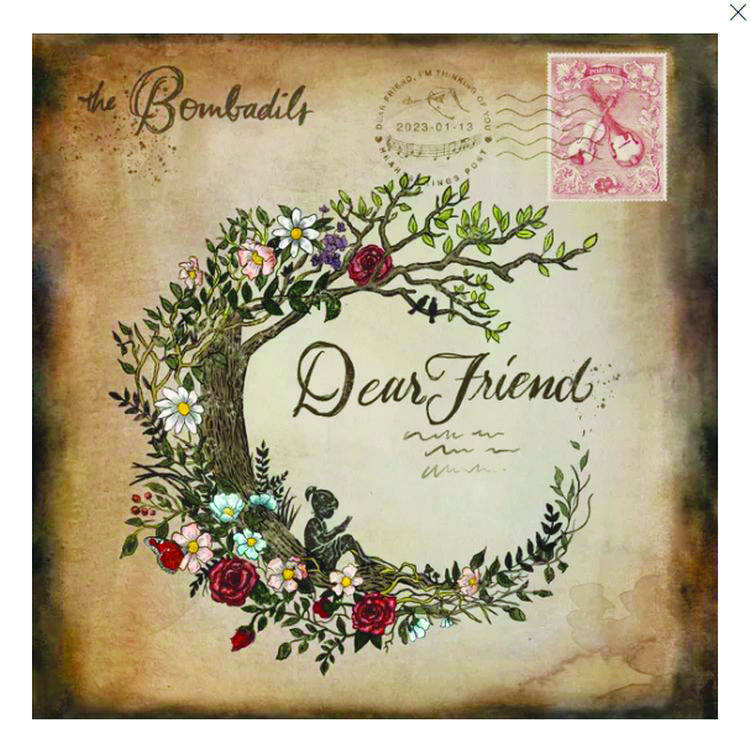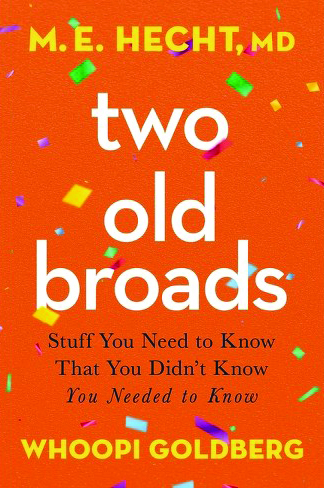Strange World (PG)
Jake Gyllenhaal, Dennis Quaid.
This Disney animated feature introduces us to Searcher Clade (voice of Gyllenhaal), who, when he was a kid, was forced, like it or not, to join his famous father, Jaeger Clade (voice of Quaid), on his explorations to find a path beyond the mountains that surround (and keep cut off) their city-state. On one exploration, Searcher discovered pando, the electrified fruit that becomes a source of power to their previously horse-and-buggy world. Jaeger was uninterested and plunged alone through the mountains.
Twenty five years later, Searcher is a successful pando farmer and himself the father of teenage son Ethan (Jaboukie Young-White). Searcher farms, his wife/Ethan’s mom Meridian (voice of Gabrielle Union) flies a crop duster and Ethan dreams of a life doing something else — maybe exploring like the grandfather he never knew.
Searcher wants nothing to do with exploration, but when president (and former expedition member in his dad’s explorations) Callisto (voice of Lucy Liu) shows up on Searcher’s farm, it looks like he might have to hit the trail once again. Across the land pando plants have been dying and Callisto needs to find out why to save everyone’s modern way of life. They discover that pando isn’t separate plants but one big plant and decide to follow a hole deep in the earth to find the source of the plant and see if they can figure out what’s killing it.
Naturally, Ethan stows away on the subterranean ship making the journey and Meridian shows up to tell Searcher that Ethan is there, putting the whole family on the trip into the mysterious deep and the Strange World they find there.
Where and what is this Strange World? I kind of feel like if you’ve been through middle school biology you’ll know pretty quickly, thus making the wait for the reveal feel extremely draggy (and the very straightforward “here’s what’s been happening” explanation is oddly deflating of the cool concept).
I get now why this movie, which spent like a minute in theaters around Thanksgiving, had such odd, vague marketing. To explain the story feels like you are tangling yourself up in details and characters and themes. Strange World has some beautiful visuals, moments of action and an interesting central quest but it also has a lot of talking about characters’ feelings and motivations and parent-child relationships. Like, a lot of talking. Those text-heavy scenes, often between adult characters, slow down the action and make the movie feel less kid-compelling. By its nature, the setting of the movie doesn’t lend itself to lots of high-personality new creatures and characters (we get one, basically, which, as a character in the movie calls out, feels like it’s primarily there for merchandising purposes), leaving only the humans. Sure, I thought to myself, this is a lovely reminder to me, a grown parent, to listen to my kids and their dreams and ambitions without imposing my ideas about what their dreams should be. But what are my kids going to do during the moments that inspire these thoughts? In my experience, that’s when they go to the bathroom or start searching for another screen to watch until the action starts up again. B- Available on Disney+ and through VOD.

